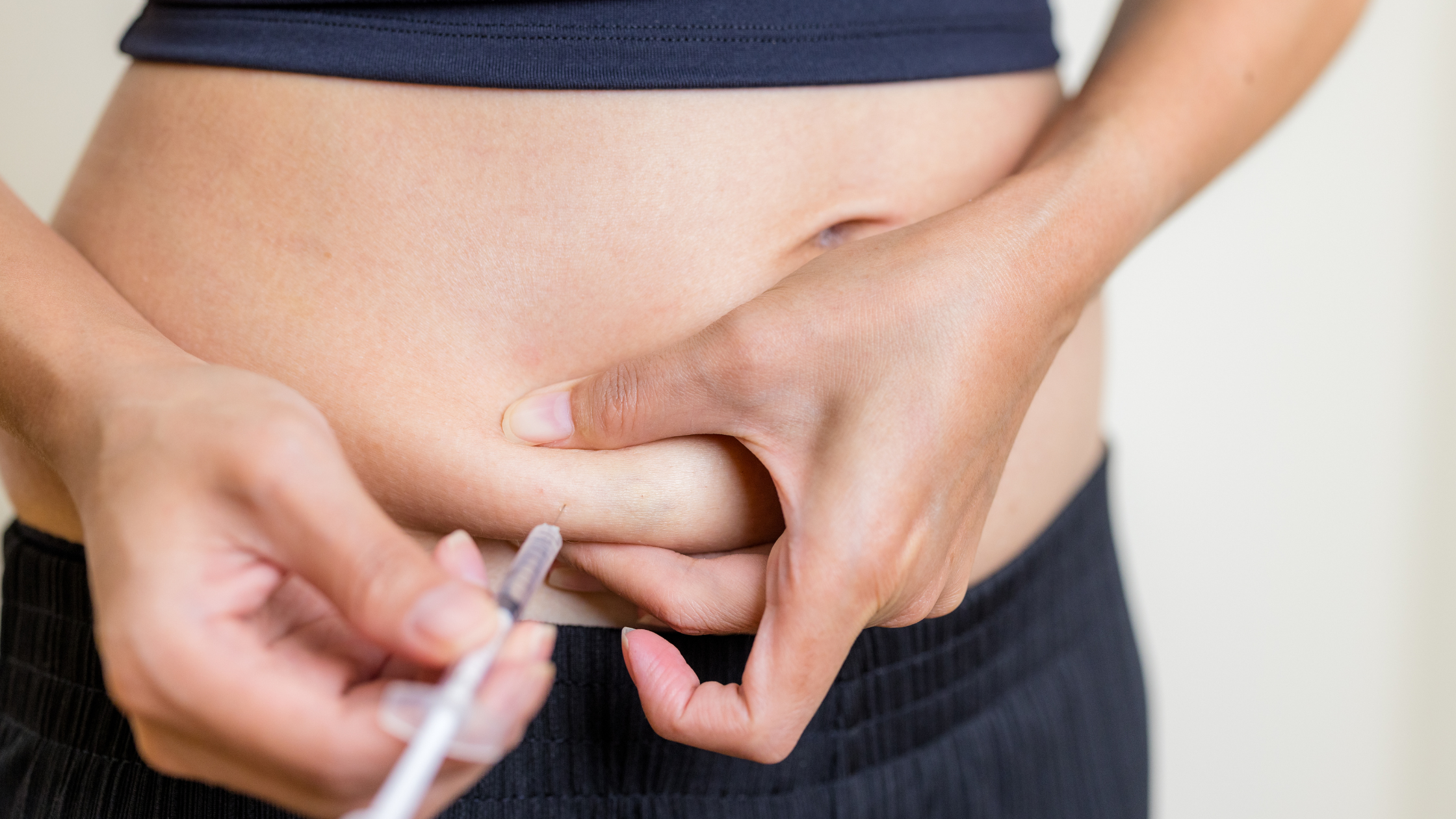What is a Trigger Shot: What to Expect, Timing, Tips, IUI & IVF
If you're navigating the world of fertility treatments like IUI (Intrauterine Insemination) or IVF (In Vitro Fertilization), you've likely heard of the "trigger shot." This step in the fertility treatment process can sometimes feel like a mystery, especially for those new to fertility treatments. Let’s dive into what a trigger shot is, what to expect during this phase, and how it interacts with pregnancy tests.
What is a Trigger Shot?
The trigger shot is a crucial injection given during fertility treatments to induce ovulation. It contains human chorionic gonadotropin (hCG) or a similar hormone that mimics the body's natural luteinizing hormone (LH) surge. This hormone is responsible for the final maturation and release of the egg from the ovarian follicle.
In IUI: The trigger shot helps time ovulation precisely so that the IUI procedure can be scheduled at the optimal time for fertilization.
In IVF: The trigger shot prepares the eggs for retrieval. It ensures the eggs are mature and ready for collection in the IVF process.
Commonly used trigger shots include Ovidrel, Pregnyl, Novarel, and HCG. Your fertility specialist will determine the best option for you based on your individual treatment plan.
What to Expect with a Trigger Shot
The trigger shot is typically administered through an injection, either subcutaneously (just under the skin) or intramuscularly (into the muscle), depending on the specific medication prescribed. Here’s what you can generally expect:
Timing: The timing of the trigger shot is critical. Your fertility specialist will instruct you on the exact time to administer the injection. This usually happens when your follicles have reached the optimal size, typically around 18-20 millimeters in diameter.
Administration: Your clinic will guide you on how to administer the shot, or they may give it to you at the clinic. If you need to do it yourself, detailed instructions will be provided. Some medications come pre-filled in an easy-to-use injection pen, while others require mixing.
Side Effects: Side effects can include mild cramping, bloating, or tenderness at the injection site. These symptoms are usually temporary and should be discussed with your doctor if they become severe or persistent.
Follow-Up: After the trigger shot, you’ll follow your treatment protocol—either undergoing egg retrieval in the case of IVF or having the IUI procedure scheduled approximately 36 hours later when ovulation is expected to occur.
Here are 5 tips for navigating IVF injections.
When Will the Trigger Shot No Longer Appear on a Pregnancy Test?
The hCG hormone in the trigger shot is the same hormone that pregnancy tests detect. This means that if you take a home pregnancy test too soon after your trigger shot, you might get a false positive due to the presence of the hormone from the injection rather than a pregnancy.
To understand when the trigger shot will no longer affect pregnancy test results:
General Guideline: It typically takes about 10-14 days for the hCG from a trigger shot to be metabolized and leave your system. However, the exact time can vary depending on the dose of hCG and your body’s metabolism.
Testing: For accurate results, your fertility clinic will likely advise you to wait at least two weeks after the trigger shot before taking a pregnancy test. This waiting period is often referred to as the "two-week wait" and can be a time of both anticipation and anxiety.
Tips for Managing the Trigger Shot Process
Follow Instructions: Carefully follow your doctor’s instructions regarding the timing and administration of the trigger shot. This precision is crucial for the success of your treatment.
Ask Questions: Don’t hesitate to ask your clinic for detailed instructions or demonstrations on how to administer the shot. Understanding the process can help reduce anxiety.
Stay Informed: Knowing the typical timeline for the hCG hormone to clear from your body can help manage expectations about pregnancy testing.
Self-Care: The period following the trigger shot can be emotionally charged. Engage in activities that help you relax and stay positive while waiting for the next steps in your treatment.
The trigger shot is a significant step in your fertility treatment journey, marking the transition to the next crucial phase. Understanding what it is, how it works, and what to expect can empower you as you navigate your IUI or IVF process. Always communicate with your healthcare team and lean on your support system for guidance and encouragement. Remember, each step brings you closer to your goal of growing your family.
Medical Disclaimer: The information provided in this blog is intended for general informational purposes only and should not be considered as a substitute for professional medical advice, diagnosis, or treatment. Always seek the advice of your healthcare provider or qualified medical professional with any questions you may have regarding a medical condition. Never disregard professional medical advice or delay in seeking it because of something you have read in this blog.

